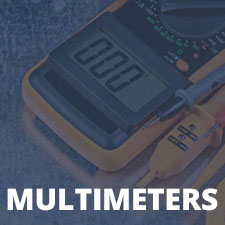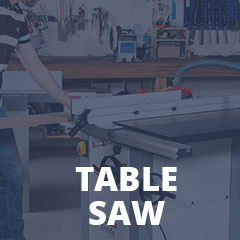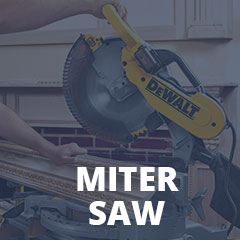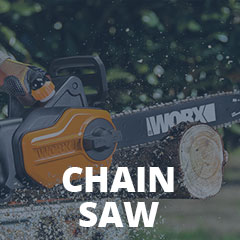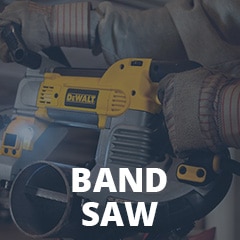If you’re not an electrician, you may think a multimeter is useless to you, but we’re about to tell you why that isn’t true.
One of the first questions you need to ask yourself before investing in a multimeter is, “Why do I need one?”.
A simple question, but one that will save you some time when narrowing down your choices. Here are some thoughts to consider when searching for the best multimeters to meet your specific needs.
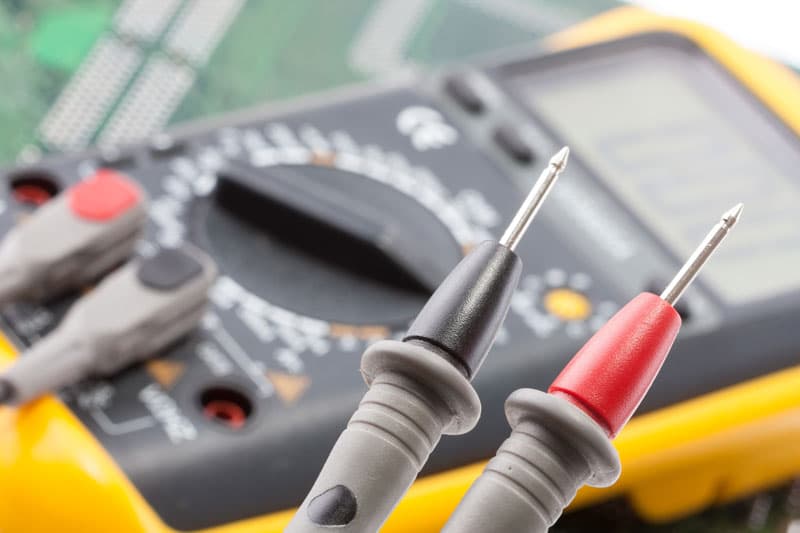
What Can a Multimeter Do for Me?
The shortest question might be, “What can’t it do for you?”!
A multimeter isn’t just a tool used by electricians, at least not anymore. Multimeters come in all varieties depending on what you plan to use it to do.
If you’re a homeowner or a DIY’er, a multimeter is definitely something that can save you a lot of money in unnecessary service calls to technicians. It can also keep you from guesswork repairs done by you (or someone else) that don’t actually fix the problem you thought you had.
Here are some common things that you can use a multimeter for, even if you’re not an electrician.
Batteries
Did you know you could use a multimeter to test:
- Household batteries
- Cell phone batteries
- Car batteries
- Lawn Mower batteries
- ATV batteries
Common household batteries are something that everyone has in their home. How do you know if your child’s favorite toy is on the fritz or if it’s a battery issue? Test it with your multimeter.
Cell phone batteries can also be tested with this handy device. If a new phone isn’t an option, wouldn’t it be great to know that all you need is a new battery for your mobile device?
But possibly one of the best functions available on the best multimeters is testing your car battery or those on your lawn equipment or ATV. This can be a priceless function to have at your fingertips and save you a trip to the mechanic.
Fuses & Bulbs
You’ve got all your Christmas lights pulled out of the garage and it’s time to hang them on the house. Who hasn’t experienced that one strand or partial strand of lights that just won’t light up?
An aggravating issue, but with a multimeter, you can check bulbs and fuses to see exactly where the problem is and be back to your holiday project quickly and with very little effort.
Household light bulbs and light sockets can also be tested with a multimeter, as well as…..
Small & Large Appliances
Smaller appliances like microwaves and toaster ovens can have fuse issues from time to time, as can larger ones like refrigerators and dryers.
By testing fuses in your appliances, both small and large, you could save yourself a ton of money in service calls to technicians and repair professionals. Fuses are typically simple to replace, and SO much easier on the wallet than the alternative.
With those kinds of savings over a number of years, your multimeter could definitely pay for itself in little to no time at all.
HVAC Units
Speaking of service calls, your HVAC unit is not something you want going on the blink, especially in the dog days of summer.
Testing your fuses ahead of calling a repairman can help you avoid some costly repairs that you could have done yourself.
Cords
From computer cords to phone chargers, the best multimeters to buy for around the house are those that can check the items you use the most.
Lamp cords, small appliance cords, and printer cords can be tested and specific problems diagnosed before you determine you need to replace the entire item.
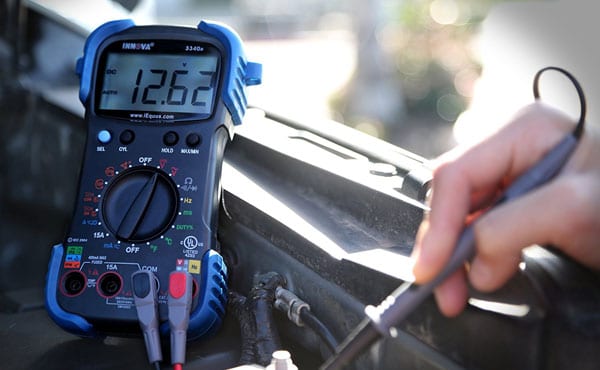
How to Choose from the Best Multimeters Available
As you have probably already guessed, given the uses for multimeters, they are not all created equal. The things that the best multimeters don’t have in common are:
- Price
- Safety
- Functionality
- Features
- Calibration
- Brand
Let’s break these down.
Price
You can purchase a multimeter on eBay for under $10, or you can go through a professional electrical supplier and spend thousands of dollars. Do your research on the best multimeters for your price range. Consumers often tend to think of price first, but when considering the purchase of something you’ll be using to check electricity, don’t let price be the deciding factor. What you’re willing to spend and what you should spend all go back to the question of why you need a multimeter in the first place. Whatever your reasons, safety should be your first concern.
Safety
Even if you are simply buying a multimeter to keep around the house, cheap multimeters can be unable to handle the voltage that you might end up testing on a larger appliance. Simply put, don’t buy the cheapest multimeter you can find and then, for example, test a large HVAC unit with it. If you know or have a probability that you might need your multimeter for something with a high voltage, do your research. If that is the case, some options on the best multimeters for you would be:
- Internal blast shields
- Shrouded probes
- Input protection
Product reviews for and discussion forums about multimeters can be exceptionally helpful especially in terms of safety considerations.
Functionality
The question here becomes, “Analog or digital?”, and there are benefits and drawbacks to both.
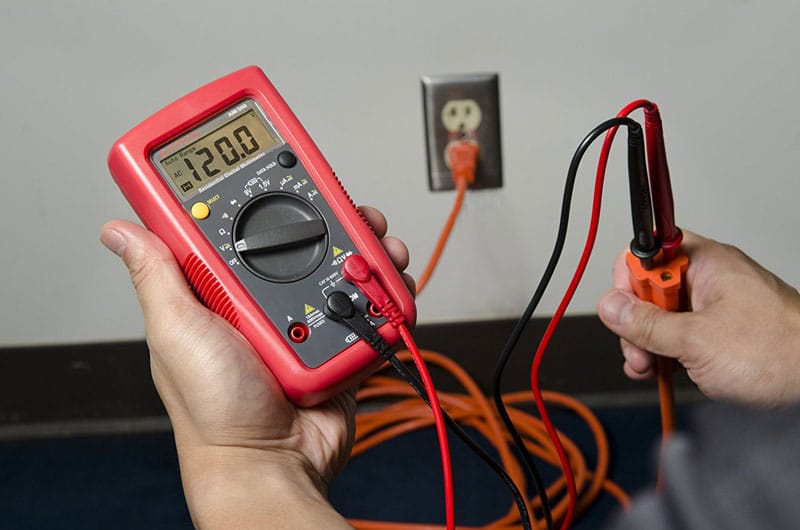
Features
Because of the advances in technology, you can get about as many features on your digital multimeter as you are willing to buy. Again, the question goes back to what you need a multimeter to do for you. There’s no sense in paying for features you’ll never use in your personal household, but additional features should be carefully considered if you are a professional electrician. Questions to consider when looking at features of the best multimeters:
- What are its voltage measurement limitations?
- Can it measure additional things like humidity, sound level, diodes, and temperature?
- Is it easy to read? Does it have a backlit screen for dark or high sunlight conditions?
All electronic devices can break. Look for durability in both the internal and external components of the multimeters you are considering for purchase. One last questions to ask: If the multimeter is especially expensive, does it come with a warranty?
For a professional, the tools of your trade are an investment. Make sure you know what you are getting and what your options are if your multimeter begins to malfunction.
Calibration
Even the best multimeters begin to lose their accuracy after a while. Some DMM’s are not able to be recalibrated and vice versa. For this reason, you won’t want to just buy the cheapest multimeter available if you know you’ll need to keep it for a while. Recalibration can cost between $50 and $100 depending on what brand you own. If you spend $10 on a meter than can’t be recalibrated, you can generally come out better to just buy another $10 meter if that one suits your needs. However, if you spent $300 on a DMM that can’t be calibrated, that’s not something that you can easily replace. Definitely consider the issue of calibration when getting ready to purchase a multimeter.
Brand
When it comes to best brands, usually there is one that stands out from the rest. In the world of multimeters, Fluke is generally considered one of the best if not the best. Prices for Fluke brand multimeters generally start around $60 and go up from there. But Fluke isn’t the only reputable brand available. Mastech, Extech, and Craftsman all have multimeter products worth looking at and seeing if they are a good match for your needs. Just like in safety comparisons, product reviews are a great way to compare and contrast brands that you are deciding between.
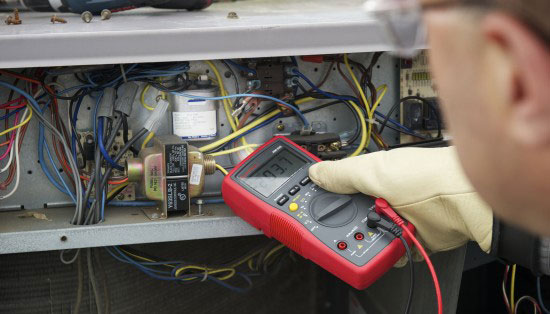
User Considerations
Just as not all multimeters are created equal, neither are the people who are using them.
Even professionals range in terms of their field experience. A seasoned electrician with 20 years under his belt has different needs than someone new in the field. Someone who specializes in HVAC will need different features than a mechanic.
Still, the criteria used to decide on the best multimeters for your needs is going to be very similar and safety should always be your number one concern.
Take a look at our multimeter product reviews and make your purchase decision with confidence!
If you still have questions, contact us today.


